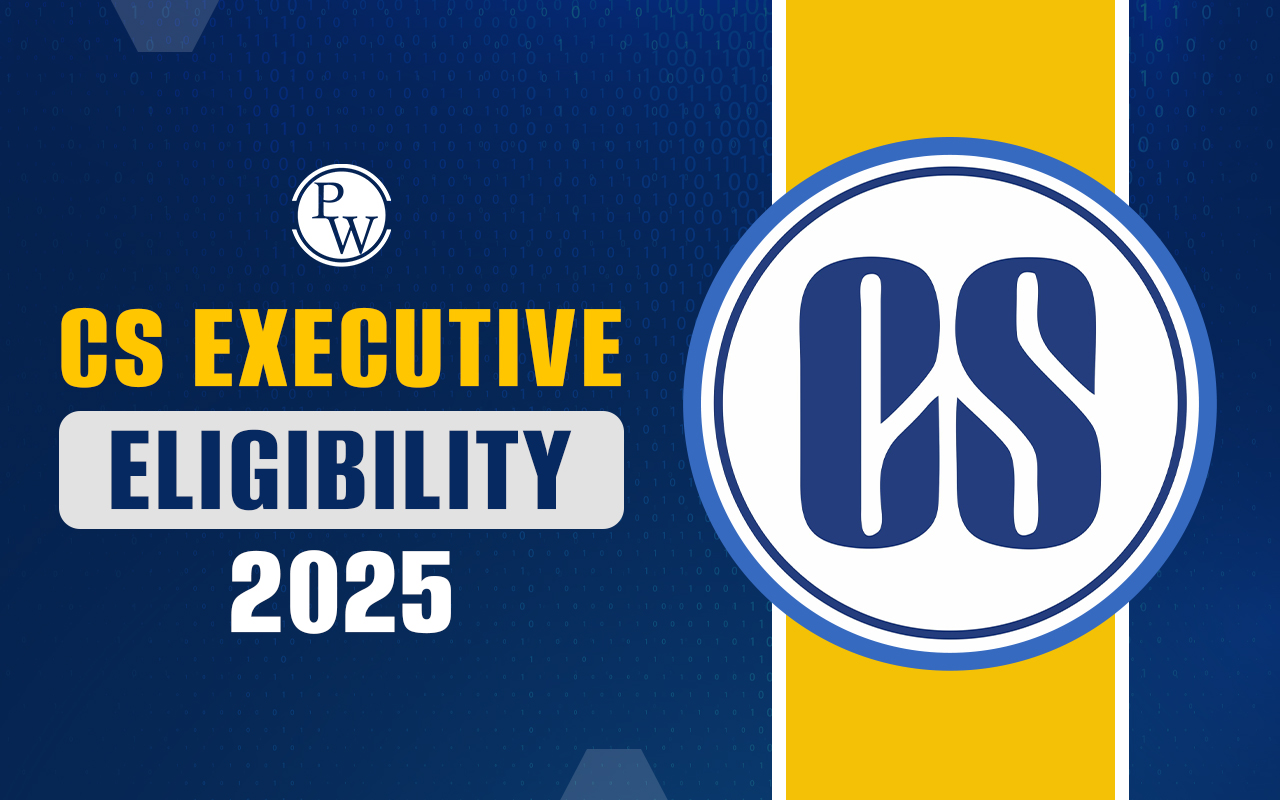
The Listing Obligations and Disclosure Requirements (LODR) Regulations form a critical pillar in India’s securities market, playing a major role in ensuring transparency, accountability, and good corporate governance among listed companies. Introduced by the Securities and Exchange Board of India (SEBI), these regulations standardize the listing obligations and disclosure norms across all types of listed entities in the country. Below we aims to provide a comprehensive understanding of the Listing Obligations and Disclosure Requirements (LODR) Regulations, including their significance, key provisions, and implications for stakeholders.
What are Listing Obligations and Disclosure Requirements (LODR) Regulations?
The Listing Obligations and Disclosure Requirements (LODR) Regulations, notified by SEBI in 2015, consolidate and streamline the provisions relating to disclosures, corporate governance requirements, and ongoing compliance obligations for listed entities. These regulations replaced the erstwhile listing agreements that companies had to sign with stock exchanges. With the LODR regulations, SEBI aimed to create a uniform framework applicable to all listed entities to promote investor protection and fair practices.
Objective of LODR Regulations
The primary objective of the Listing Obligations and Disclosure Requirements (LODR) Regulations is to ensure that investors are equipped with timely and adequate information about the listed entities to make informed investment decisions. By enforcing consistent reporting and corporate governance standards, the LODR framework aims to uphold the credibility and integrity of India’s financial markets.
Applicability of LODR Regulations
The Listing Obligations and Disclosure Requirements (LODR) Regulations apply to various categories of listed entities, including:
- Equity and convertible securities listed on stock exchanges
- Debt securities listed on stock exchanges
- Non-convertible redeemable preference shares
- Indian depository receipts (IDRs), securitised debt instruments, and mutual fund schemes listed on recognized stock exchanges
The scope of these regulations is dynamic and subject to amendments by SEBI to accommodate changing market scenarios and regulatory requirements.
Key Provisions of Listing Obligations and Disclosure Requirements (LODR) Regulations
The key provisions of the Listing Obligations and Disclosure Requirements (LODR) Regulations outline essential practices for listed companies to ensure transparent, fair, and timely disclosure to stakeholders. These provisions are designed to promote a high standard of corporate governance and financial reporting.
1. Corporate Governance Requirements
The LODR Regulations emphasize the importance of corporate governance. Provisions include board composition, appointment of independent directors, constitution of committees such as audit, nomination, and remuneration, and risk management committees.
2. Disclosure of Financial Results
Listed entities must prepare and disclose their quarterly and annual financial results within the prescribed timelines. The Listing Obligations and Disclosure Requirements (LODR) Regulations mandate the format and content for such disclosures to ensure consistency.
3. Material Events and Information Disclosure
The regulations require companies to disclose material events or information that may affect investor decisions. These include changes in key managerial personnel, mergers, acquisitions, financial defaults, and more.
4. Shareholding Pattern Disclosure
Companies must periodically disclose the shareholding pattern to stock exchanges. This includes promoter and public shareholding details, helping investors track changes and stay updated.
5. Compliance and Certification Requirements
The Listing Obligations and Disclosure Requirements (LODR) Regulations require companies to submit compliance certificates and governance reports. These declarations are essential for maintaining listing compliance.
Benefits of LODR Regulations
The introduction and enforcement of Listing Obligations and Disclosure Requirements (LODR) Regulations have contributed significantly to enhancing investor trust and capital market efficiency in India. Some benefits include:
- Improved transparency and accountability
- Standardized disclosure norms across entities
- Strengthened investor confidence
- Enhanced governance mechanisms
- Better access to capital due to increased credibility
Recent Amendments and Developments
SEBI regularly updates the Listing Obligations and Disclosure Requirements (LODR) Regulations to keep pace with evolving business practices and stakeholder expectations. Some recent changes include stricter disclosure norms for related party transactions, enhanced roles for independent directors, and increased responsibilities for the board of directors.
Challenges in Compliance
While the LODR Regulations aim to simplify compliance, many companies face challenges in meeting the obligations. These include:
- Constant need to monitor and disclose material information
- Timely submission of periodic reports
- Ensuring board diversity and compliance with governance norms
- Maintaining proper records for audits and inspections
Despite these challenges, companies that invest in robust compliance frameworks find it easier to meet the expectations laid out by the Listing Obligations and Disclosure Requirements (LODR) Regulations.
Impact on Stakeholders
The Listing Obligations and Disclosure Requirements (LODR) Regulations directly impact several stakeholders, including:
Investors: Empowered with accurate and timely information
Companies: Encouraged to follow ethical business practices
Regulators: Gain better oversight and control
Stock Exchanges: Benefit from improved compliance and reporting mechanisms
The Listing Obligations and Disclosure Requirements (LODR) Regulations have transformed the landscape of corporate reporting and governance in India. SEBI has facilitated greater transparency and fairness in the capital markets by establishing a comprehensive framework for disclosures and obligations. As regulations evolve, listed entities need to stay updated and strengthen their internal compliance mechanisms. This ensures adherence to the regulatory framework and contributes to long-term value creation and sustainable growth.
In a rapidly changing financial environment, the importance of the Listing Obligations and Disclosure Requirements (LODR) Regulations cannot be overstated. Companies, investors, and regulators alike benefit from the structured and consistent framework it provides, making it a cornerstone of India’s corporate landscape.
Join PW CS Online Courses and build a strong foundation in corporate laws and governance with structured learning and dedicated support.
Listing Obligations and Disclosure Requirements FAQs
What is the purpose of the Listing Obligations and Disclosure Requirements (LODR) Regulations?
Who governs the Listing Obligations and Disclosure Requirements (LODR) Regulations in India?
Are LODR Regulations applicable to debt-listed companies?










